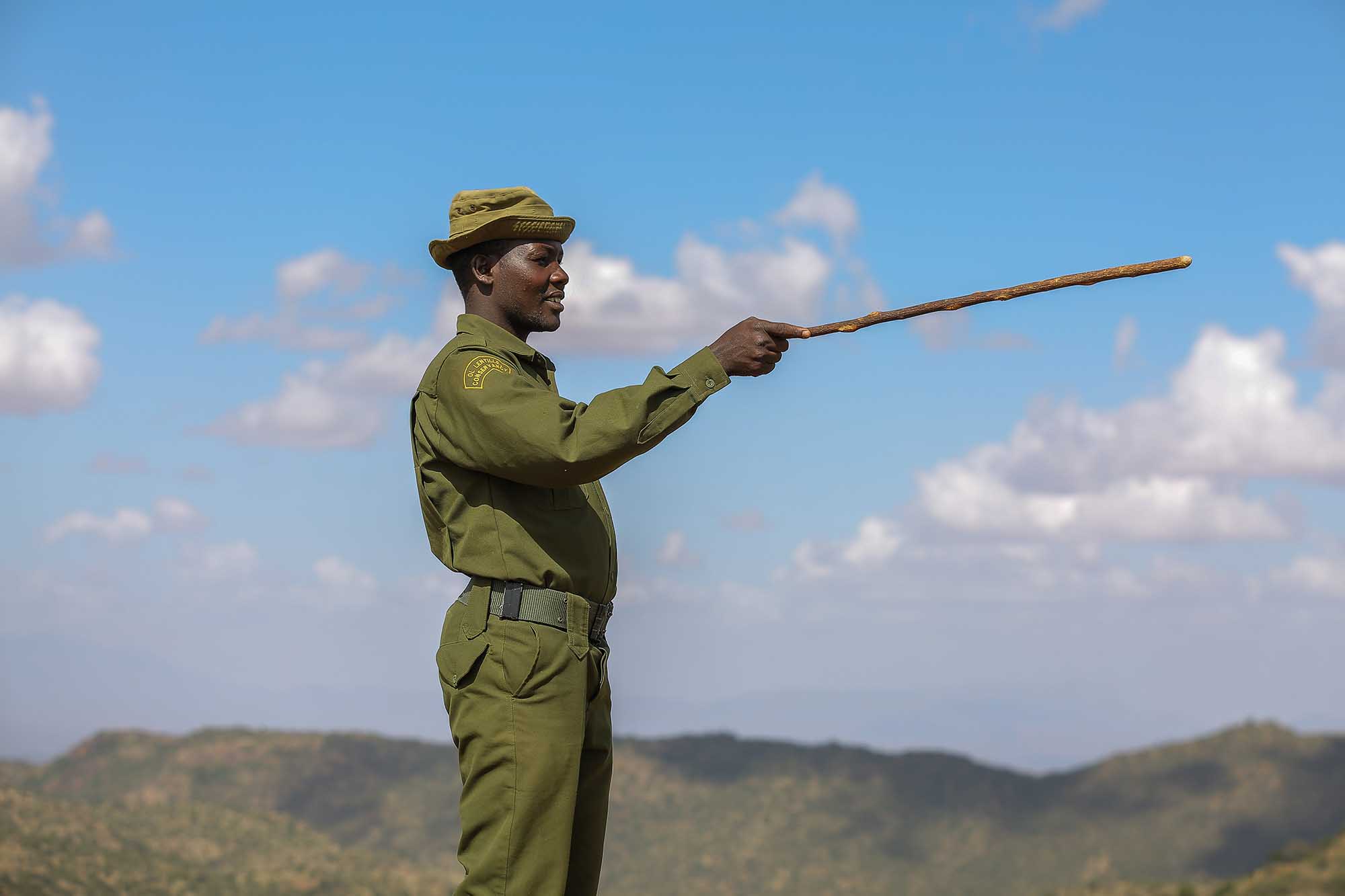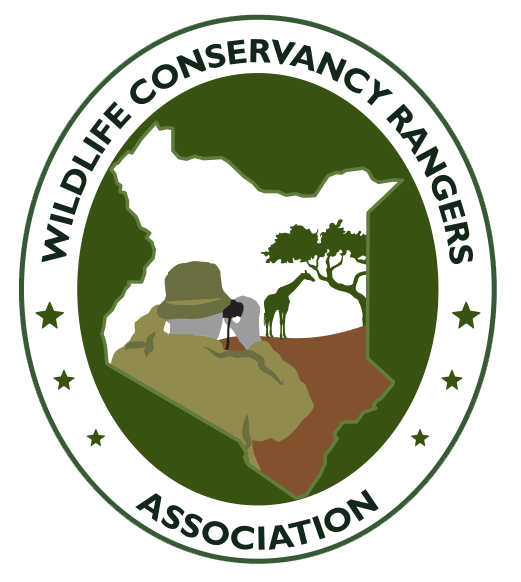Registration
In 2018, we created awareness among rangers in four regions, out of which we managed to register 100 conservancy rangers out of a potential 4,000 membership base.
Branding
In 2019, we developed our Logo, branding guidelines, website, and social media pages. We also formed an inclusive interim management committee that has continued to hold meetings through the support of KWCA
Constitution
In 2020, we developed and adopted our constitution, registered as a member of IRF and GRAA, and established partnerships with KWCA, Regional Associations, IRF, GRAA, and KWS. We also developed our branding and communication materials, including banners, posters, and a factsheet
Code of Conduct
In 2021, we participated in the review of Standard Operating procedures for wildlife scouts to include components on human rights and gender equity. We also participated in the review of the URSA Global Code of Conduct for rangers and adapted the IRF membership Code of Conduct.
World Rangers Day Celebrations
In partnership with conservancies and KWS, AWCRK organized and participated in three World Rangers Day Celebrations in 2017, 2018, and 2022, respectively.
Project Impelementation
We have implemented one project through the support of IRF and WWF.
Opportunities
There is a great opportunity for AWRCK to strengthen its collaboration with GRAA, IRF, and Universal Ranger Support Alliance (URSA) to benefit from global ranger well-being programs. We can collaborate with these networks for participation in international rangers' conferences and awards, capacity building of our association and rangers, fundraising, networking, sharing knowledge, and promoting best practices among the world's rangers.
We are already collaborating with the KWS, although it is not structured and is on a smaller scale. There are potential opportunities for us to establish structured partnerships with the Kenya Forest Service, Kenya Maritime Authority, the Kenya Police Service, the Office of the Director of Public Prosecution, and various country governments in crucial wildlife and biodiversity landscapes.
We are at the nascent stage of organizational development. We have limited capacity to exploit the existing conducive policy and legal framework for the work of the rangers in the country. We need to continue partnerships and collaborations with KWCA, regional ranger associations, and civil society organizations at the national and county level to realize the benefits envisaged in the current policy and legal frameworks.
Several international agencies are engaged in biodiversity conservation in Kenya, including Nature Kenya, the International Union for Conservation of Nature (IUCN), Birdlife International, the African Wildlife Foundation (AWF), and Practical Action, among others. There are opportunities for us to partner with these and other agencies in the conservation sector for resource mobilization and the design of programs that benefit rangers.

We have the potential to register many more members from among the rangers in the country. This, however, requires an elaborate membership recruitment drive.
The role of rangers goes far beyond wildlife security. It includes community engagement, tour guiding, peace and reconciliation, wildlife research, and wildlife monitoring. There is potential to raise funds and other kinds of support from multiple sources to support the work of AWCRK.
NEWSLETTER
Stau updated with our latest offers.
